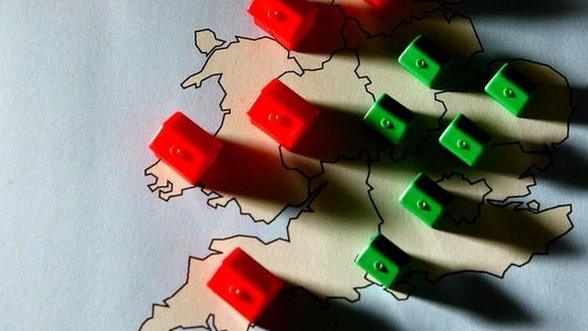London's Eaton Square most expensive place to buy home in Britain
- Published
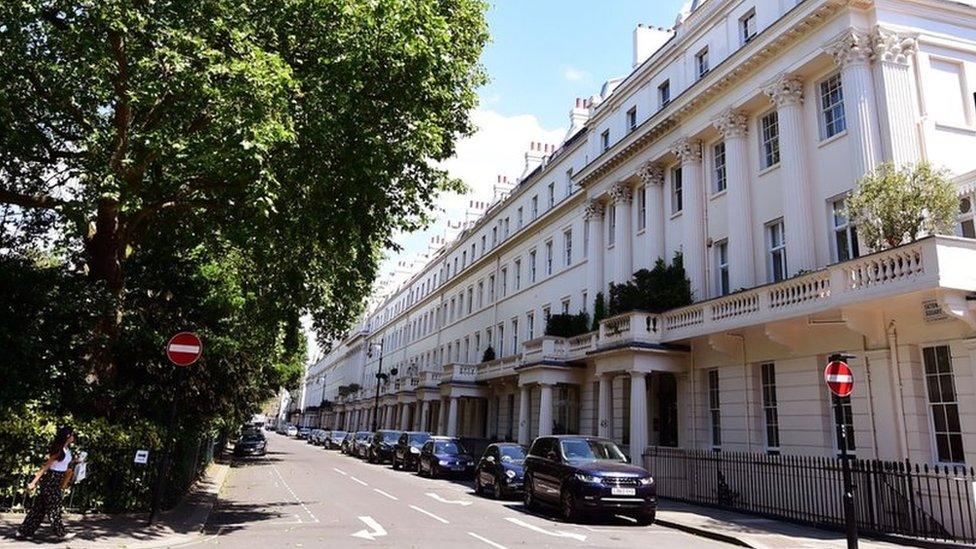
At the top of the property pile is London's Eaton Square that will set you back £16,944,000 on average
London's Eaton Square has been named the most expensive place to buy property in Britain, with a home costing an average of nearly £17m.
The Belgravia address tops a list that shows every English region now contains "million pound" streets.
Research by Lloyds Bank also shows the most expensive street in Wales is Llandudno's Llys Helyg Drive, with an average property price of £1.064m.
The Scores, St Andrews, tops Scotland's list with an average of almost £2.2m.
How to keep house prices low forever
Does it pay to sell a home online?
Reality Check: Have right-to-buy homes been replaced?
Eaton Square made it to the top of the property stack based on recorded land registry prices.
Built in the 19th Century around a private garden, it features stucco white facades and is handy for Knightsbridge and Chelsea.
It is one of three squares developed by the Grosvenor family following the end of the Napoleonic wars and the conversion of Buckingham House into a palace for King George IV.
Eaton Square takes its name from Eaton Hall in Cheshire, the country home of the Duke of Westminster.
It has boasted numerous famous residents including ex-prime ministers Neville Chamberlain and Stanley Baldwin as well as actress Vivien Leigh, former Bond star Sean Connery and TV cook Nigella Lawson.
A £55m seven bedroom terrace, complete with a winter garden and retractable glass ceiling, on Eaton Square was the most-viewed home for online property website Rightmove in 2016.
The townhouse, which is listed with Knight Frank, also comes with a swimming pool, six bathrooms and a double garage.
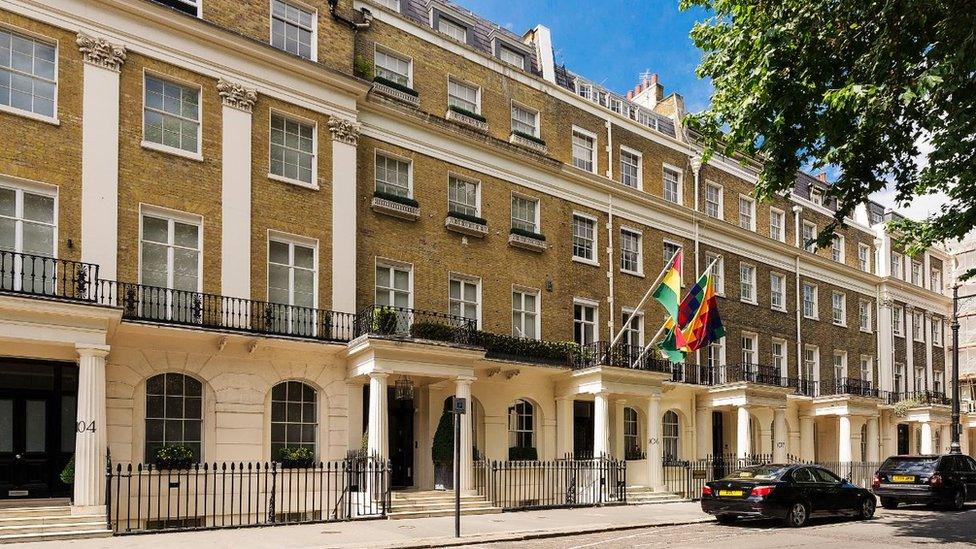
A property on Eaton Square was the most viewed home on Rightmove in 2016
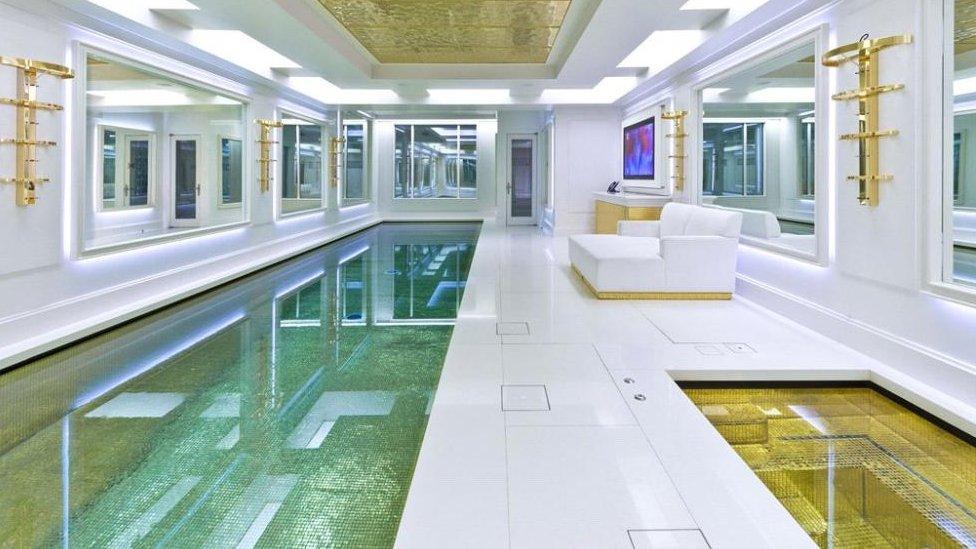
The townhouse features a swimming pool and retractable glass ceiling
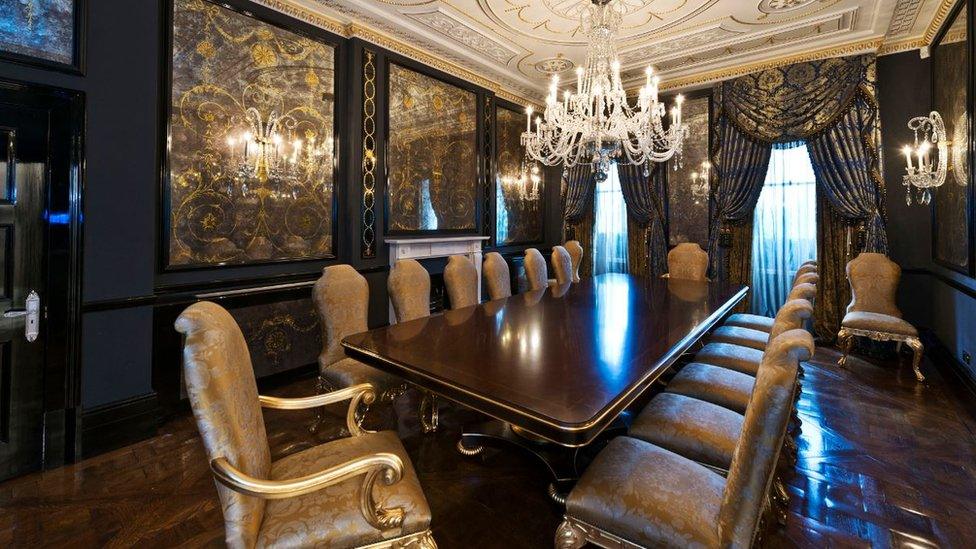
It is on the market for £55m
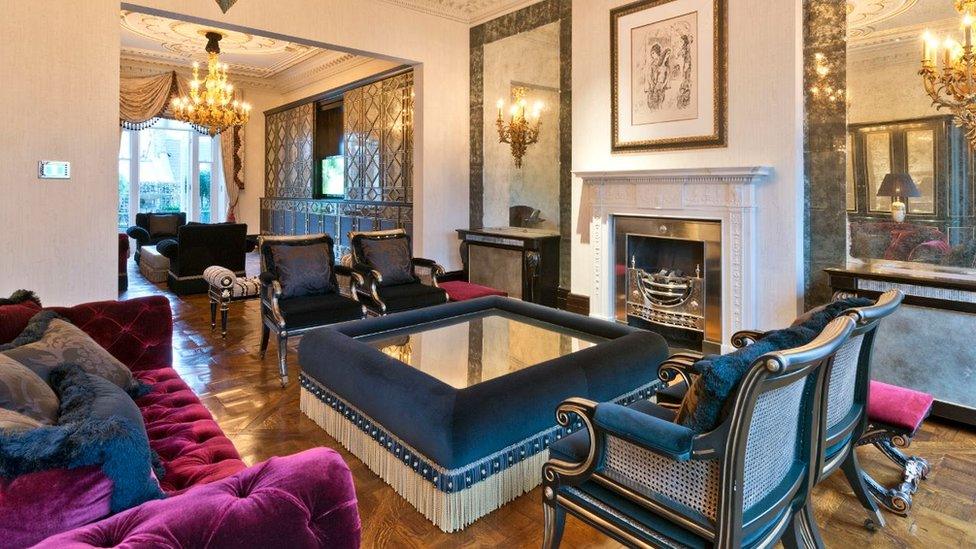
The house interior features several chandeliers
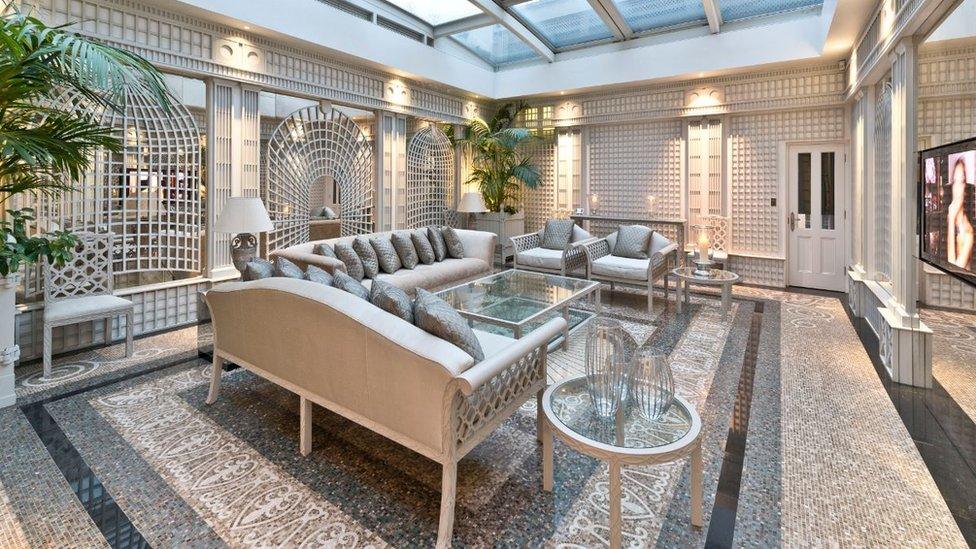
It also comes with a winter garden
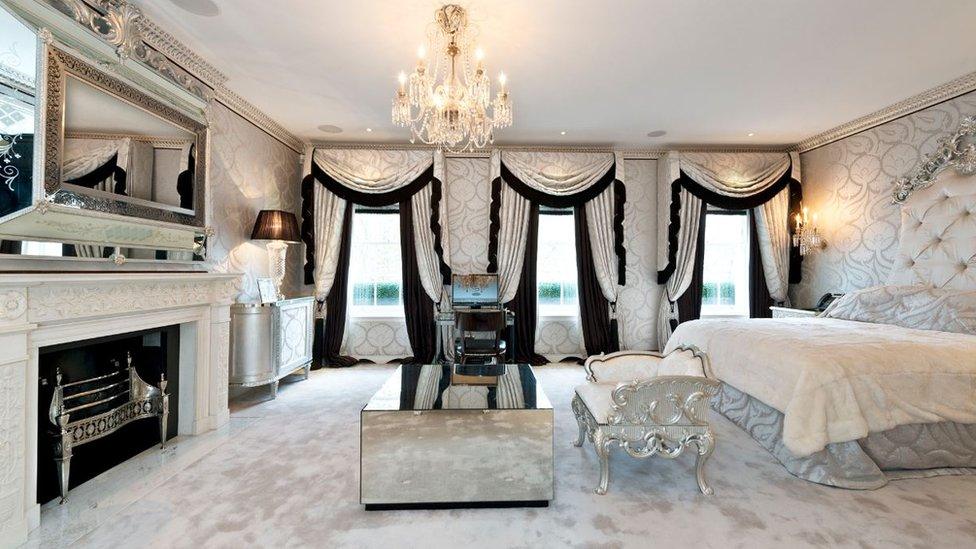
One of seven bedrooms in the property
Outside London, addresses in Surrey and Oxshott - the home of Wimbledon champion and Sports Personality of the Year Andy Murray - feature in the top 20 most expensive residential streets, along with Poole and Oxford.
North of London, England's most expensive address is Park Lane, Altrincham, with an average property price of just over £2m.

Most expensive address in your region:
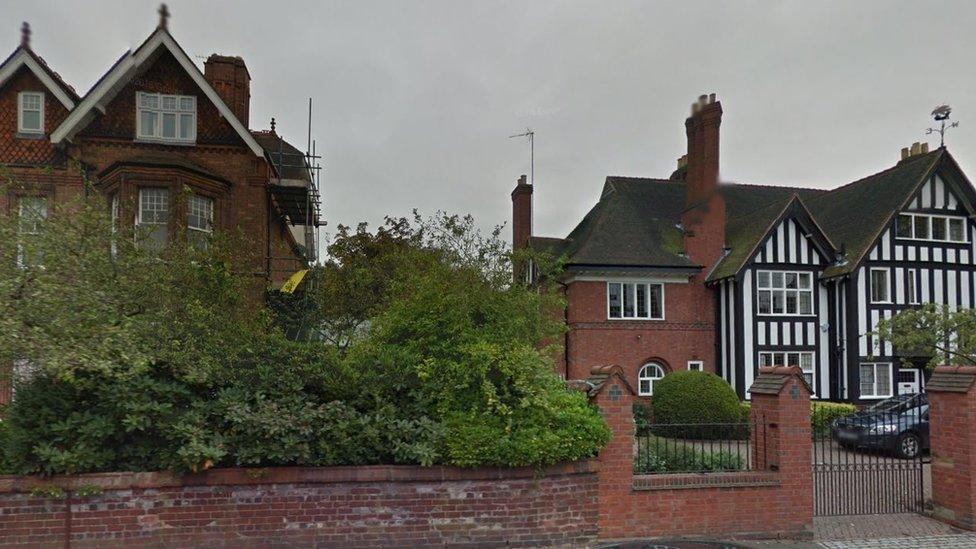
Farquhar Road in Birmingham is the most expensive street in the West Midlands, with an average value of £1,434,000 per home
London: Eaton Square, Westminster - £16,944,000
South East: Camp End Road, Weybridge - £5,164,000
South West: Panorama Road, Poole - £4,618,000
North West: Park Lane, Altrincham - £2,059,000
East: Storeys Way, Cambridge - £1,914,000
West Midlands: Farquhar Road, Birmingham - £1,434,000
Yorkshire and the Humber: Ling Lane, Leeds - £1,319,000
East Midlands: Warren Hill, Leicester - £1,288,000
North East: Runnymede Road, Newcastle Upon Tyne - £1,103,000
Scotland: The Scores, St Andrews - £2,179,000
Wales: Llys Helyg Drive, Llandudno - £1,064,000

Wales has two streets with average property prices in excess of £1m - Llys Helyg Drive in Llandudno, where homes typically fetch £1,064,000, and St Anne's Close in Swansea where average properties go for £1,029,000.
Scotland figures were produced by the Bank of Scotland. Although the top spot went to a street leading to the first tee of St Andrew's Old Course, 10 of Scotland's most expensive streets are in Edinburgh.
Forecasters at the Royal Chartered Institute of Surveyors are predicting a 3% typical price rise for houses next year, in spite of Brexit uncertainties.
The Nationwide Building Society is more cautious, estimating prices will grow at 2%, fuelled by continuing low interest rates.
- Published19 December 2016
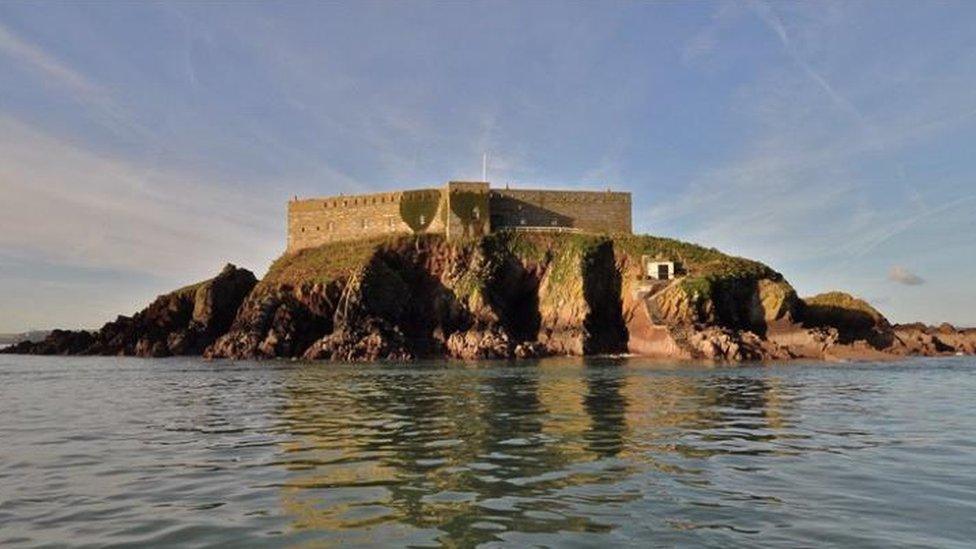
- Published18 November 2016
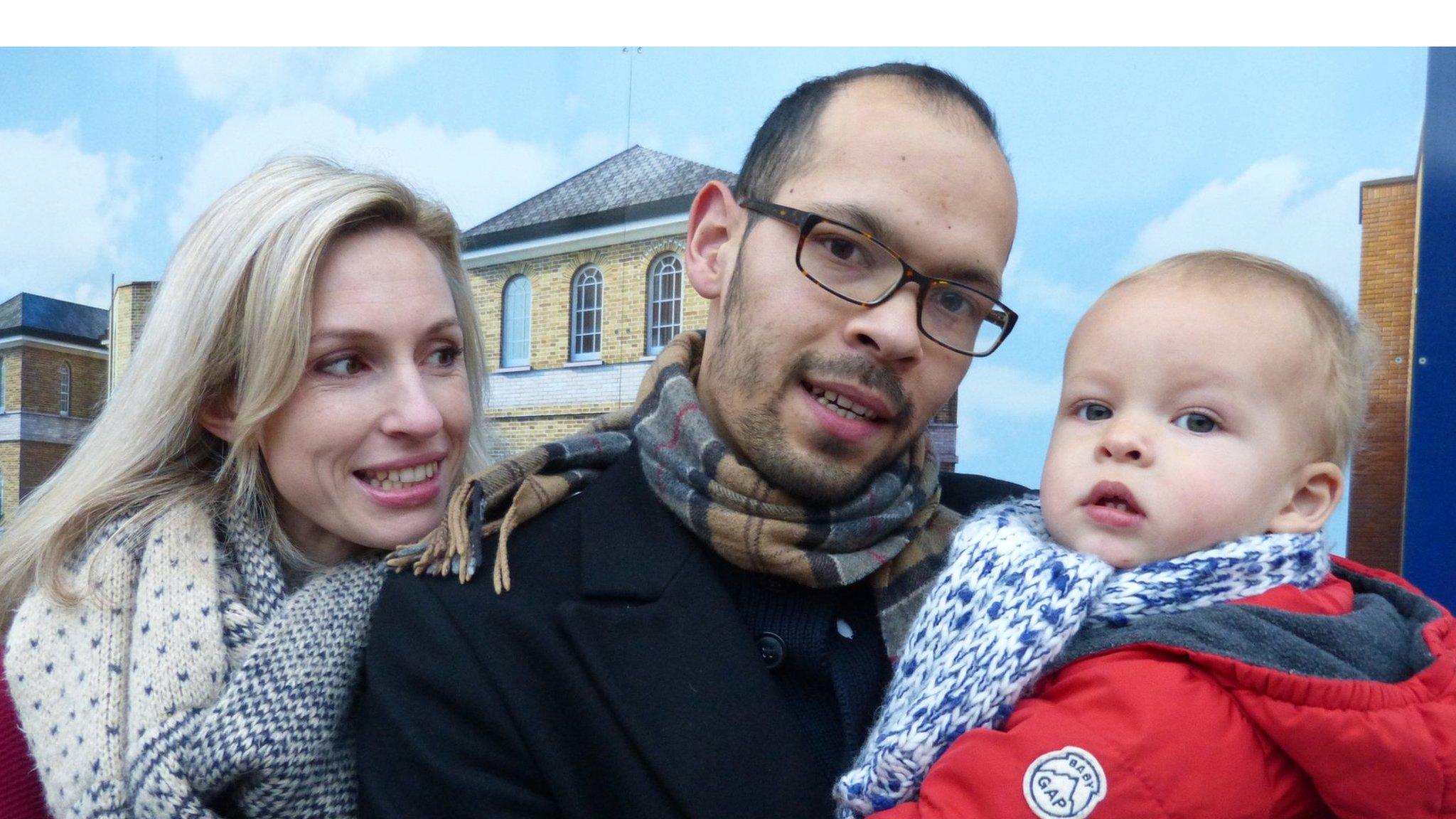
- Published18 October 2016
